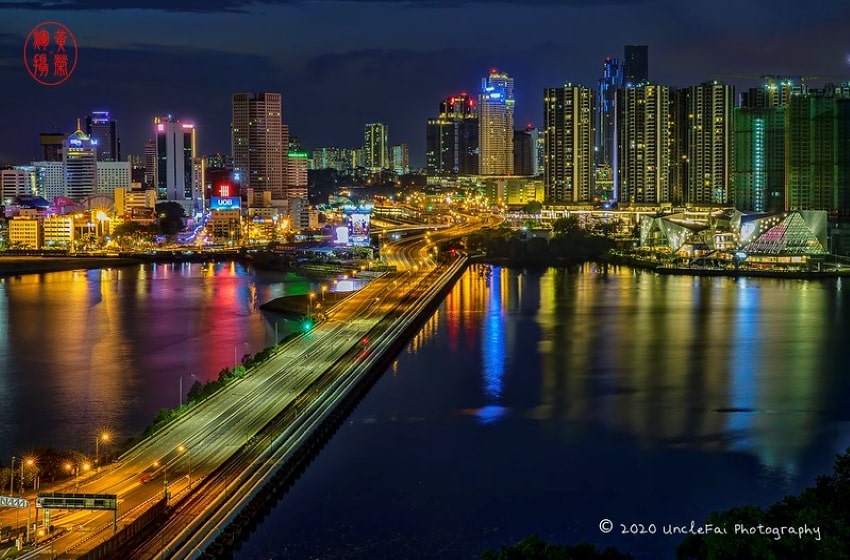

(C) Flickr, UncleFai
SINGAPORE – After cross-border travel resumed five months ago, only about 50 percent of Malaysian employees have returned to Singapore for work.
Various trade associations told The Straits Times that industries, such as renovation and food and beverage (F&B) services, that depend heavily on workers from across the Causeway, are still struggling to cope with the shortage of manpower.
Mr. Sky Tan, president of the Singapore Renovation Contractors and Material Suppliers Association, said: “Only about 50 percent of the Malaysian workers are back to work. Many of them were planning to return to Singapore only after Chinese New Year because of the high quarantine cost here.”
In Singapore, a Covid-19 test and 14 days in a dedicated stay-home notice facility cost $2,125, which is payable on request and non-refundable.
As about 80 percent of their professional workforce is from Malaysia, renovation firms have been one of the hardest hit. Last year, some firms in the sector had to shut down for good. Mr. Tan said renovations are also expensive because of the high cost of labor for professional Malaysian employees, who will now have to pay for accommodation in Singapore.
Many of these workers used to travel everyday to Singapore for work prior to the Covid-19 pandemic.
President Kung Teong Wah of the Food and Beverage Management Association said Malaysians make up 35 percent of the food and beverage industry’s employees.
Most of them serve as cooks, stewards and service crew in the kitchen.
Mr. Kung said that about 50 to 60 percent of Malaysian workers have returned since the border reopened last August, but the service and cleaning sector still faces a huge manpower shortage, as “Singaporean want to do only white-collared jobs”
While wages for locals are 20 to 30% higher, the take-up rate for those roles previously filled by Malaysians is still low, Mr. Kung said.
A spokesman for the Singapore Restaurant Association said that while eateries in the city area saw a decrease in business due to more people working from home, “the consumption demand shifted to the heartland areas, resulting in increased demand for manpower to meet increased traffic” The spokesman added: “With the shrinking pool of foreigners coming into Singapore, many F&B outlets are operating in an understaffed situation. The shortage ranges from 20 to 30 per cent.”
Since yesterday, May 2, 2023, at the Mall of Asia Arena in Pasay, Ahtisa Manalo has demonstrated her brilliance by…
“you’re nothing but a trying hard copycat” Character- Lavinia Arguelles Film- Bituing Walang Ningning (1985) Context- Lavinia confronts her rival…
During the first months of 2025 WWE released several prominent wrestlers who were part of their talent roster. Professional wrestling…
Seventeen year old sprint prodigy Rin Kubo continues to make athletic history in Japan. At the Shizuoka International Athletics Meet,…
NextRise 2025-the biggest startup and tech event in Asia-is ready to take place in Seoul on June 26-27 at COEX,…
On this reunion occasion marking 20 years after their debut, the anticipation of the fans seems to be reaching greater…
This website uses cookies.
Read More